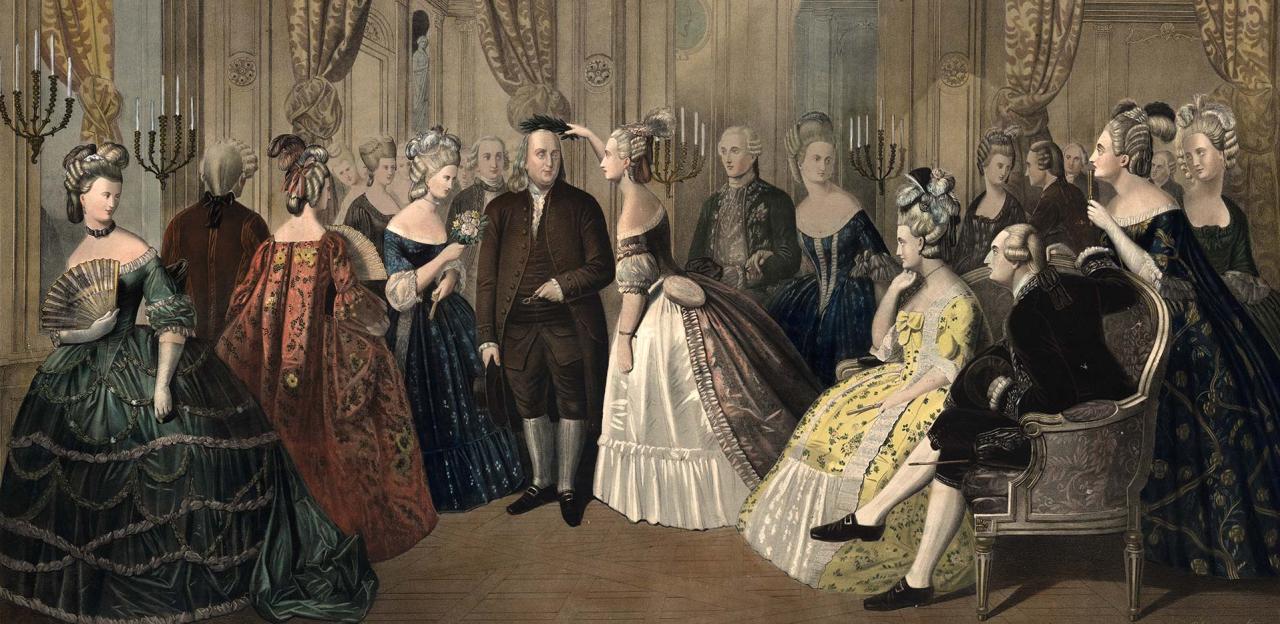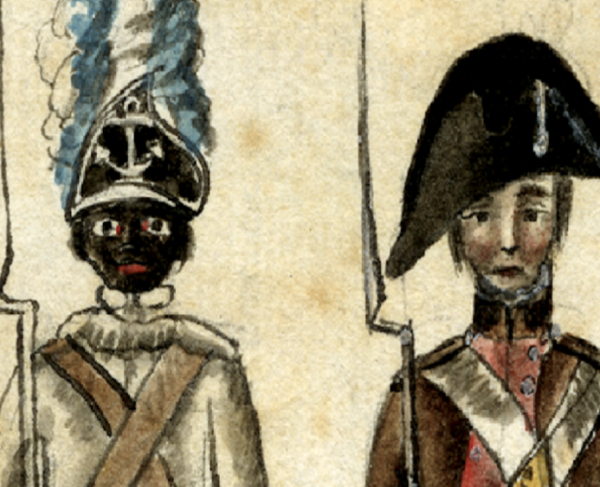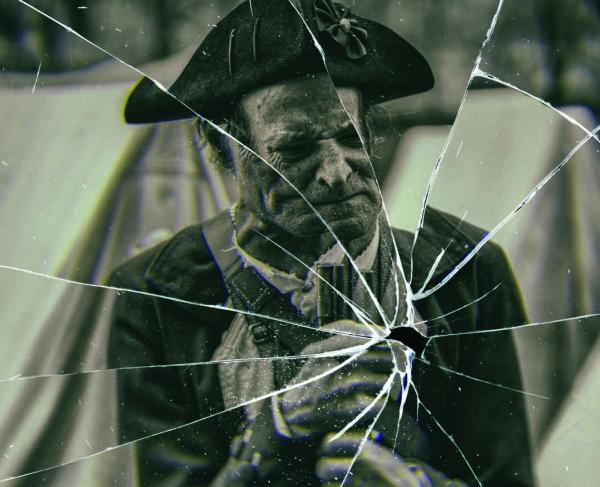The Global Perspective

Abraham Lincoln was fond of claiming that the United States “was the last best hope of earth.” Historian Richard Brookhiser argues that Lincoln was truly the “Founders’ son,” as he bequeathed a deliberate view of what the founders meant at a small Pennsylvania town called Gettysburg. As the American Civil War raged, the European monarchies anxiously followed events in North America, hoping that the war would tear the nation apart, which would permanently undermine the idea that Republican governments were practical and filled with potential for success. To them, the idea that ordinary people could govern themselves was an anathema. Those predisposed to monarchy believed that humans were best organized in a society dictated by the Divine Right of Kings.
What was truly revolutionary about the American Revolution was that it changed relationships not only between the governed and the government but also within society itself. Meritocracy, the idea that talent should get you to the top and not birth right or primogeniture, was an extraordinary paradigm shift in human relations. Thomas Paine, no fan of aristocracy, argued in his bestselling pamphlet Common Sense, published in early 1776, not only for the independence of the American colonies, but for a change in the rules between the governed and the government.
Thomas Jefferson, the principal author of the Declaration of Independence, was a son of the Enlightenment. The words he penned on the Declaration of Independence drew their inspiration from writers such as John Locke, who argued that there was a social contract in place between government and the governed in which the actions of those in power must always take the governed into consideration. Should this social contract be violated, then the governed had the right and obligation to replace the government. For Jefferson and the other signers of the Declaration of Independence, that was precisely what was happening to the colonies and, in seeking independence, they were simply acting out the tenets of the social contract. It was a profound moment in world history, for never before had colonial people wrested themselves away from their dominion. With the American Revolution and subsequent War for Independence, the world was forever changed.
The phrase in Jefferson’s immortal preamble that “all men are created equal” would have profound influence not only in North America, but around the globe. Even more than 240 years later, the debate still continues here in America as to what it means to be equal, as it does in the far reaches of various regions of the world.
The subsequent 19th century revolutions in Central and South America, led by visionaries such as Simon Bolivar, were an outgrowth of what had happened in North America. The throwing off of Spanish colonial rule was rooted in the success of Americans breaking away from the British crown. The implications of the American Revolution and War for Independence were indeed global and would continue to play a role well into the 20th century.
Much, though not all, of 19th century American history was predicated on the idea of Manifest Destiny, spreading the noble ideas of liberty and democracy west as we expanded the nation. This hearkened back to John Winthrop’s mid-17th century exhortation of Puritan Boston serving as a “shining city on a hill.” Winthrop’s philosophy also found its way into the construct of US History, with the American Revolution serving as a prime example of God’s blessings on the new nation and all for which it stood. Once the American national frontier was closed at the end of the 19th century, America began to export its brand of democracy and liberty, rooted in its founding charters and subsequent birth, around the world. For much of the 20th century, American foreign policy was built on this premise.
Attending the 1919 meeting that drew up the Treaty of Versailles, which ended World War I and reshaped the geo-political boundaries of much of the world, was a young and idealistic student from French Indochina, living at the time in Paris, who followed the proceedings of the Treaty’s drafting with great anticipation. His name Ho Chi Minh. His heroes were George Washington and Thomas Jefferson. Ho Chi Minh was hopeful that France would relinquish its claims on his beloved country. He was sorely disappointed when they did not. A generation later, when Southeast Asia was once again embroiled in war, this time against Imperial Japan, Minh and his followers fought alongside Americans in evicting the Japanese occupiers. Once more, Minh was disappointed when, as the result of early Cold War politics, French Indochina remained in firm French control. What was even bitterer to Minh was the fact that the United States backed the French hand. Often he would remind Americans that he met of his fondness for America’s founding generation. So begins Ho Chi Minh’s 1945 Proclamation of Independence of the Democratic Republic of Vietnam:
“All men are created equal; they are endowed by their Creator with certain inalienable Rights; among these are Life, Liberty, and the pursuit of Happiness. This immortal statement was made in the Declaration of Independence of the United States of America in 1776. In a broader sense, this means: All the peoples on the earth are equal from birth, all the peoples have a right to live, to be happy and free.
The Declaration of the Rights of Man and Citizen of the French Revolution (also an offshoot of the American Revolution) made in 1791 also states: All men are born free and with equal rights, and must always remain free and have equal rights.
Those are undeniable truths.”
In the subsequent war in Southeast Asia, in which the United States was a central player from the early 1950s until American forces withdrew in 1973, Minh and his military counterpart Vo Nguyen Giap waged a war not unlike the war George Washington and the Continental Army waged against Great Britain. Rather than fight in many full scale battles, Giap waged a war of attrition against the United States and, like Washington did with the British, played a game of cat and mouse. Like Washington, Giap succeeded. Critics at home and abroad of American involvement in Vietnam often drew parallels between our own war of Independence and the Vietnam War. In both cases, the mightiest and most militarily sophisticated armies of the world were defeated by a rag-tag coalition of stubborn fighters who deeply believed in a particular cause.
In Africa in the years after World War II, much of the same sentiment found in the ideals of the American Revolution led to African nations asserting their independence from European colonial powers such as Great Britain and Belgium. The same held true in India.
The United Nations was established in San Francisco near the end of the Second World War and the charter was signed on June 26, 1945 by representatives from fifty nations. Cherished American principles can be found in part of the organization’s stirring charter and then later codified in 1948 in the Universal Declaration of Human Rights.
No one who met in Philadelphia’s Pennsylvania State House, now known as Independence Hall, in July 1776, nor soldiers like Continental Army Private Joseph Plumb Martin who endured the grim spectacle of war and withstood its inherent deprivations, had any idea where their actions would lead. Clearly, they stretched north, south, east, and west--around the world.


